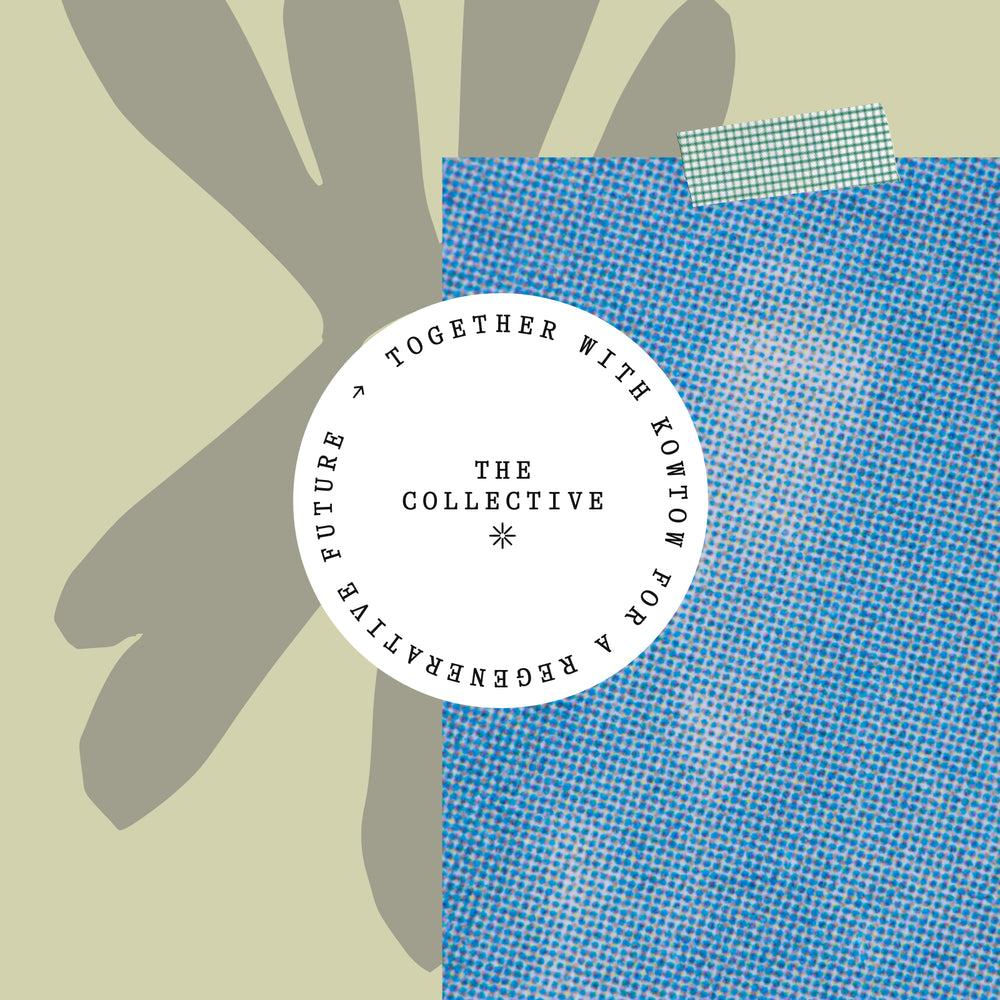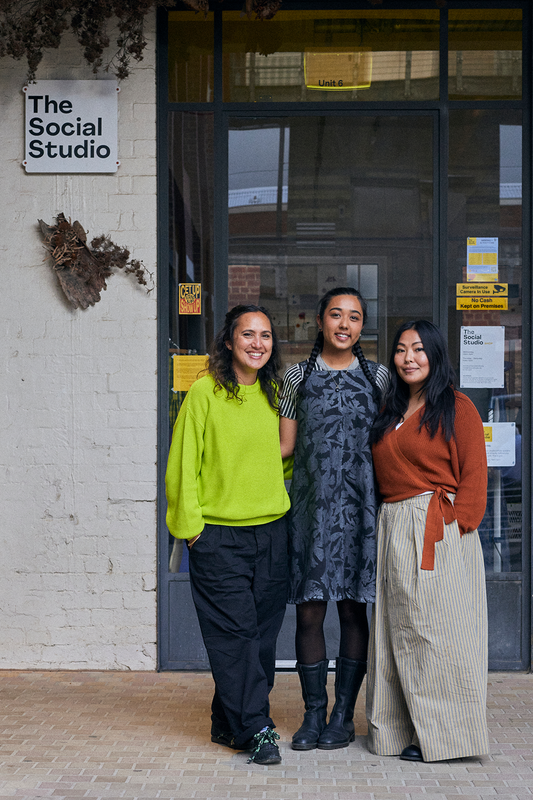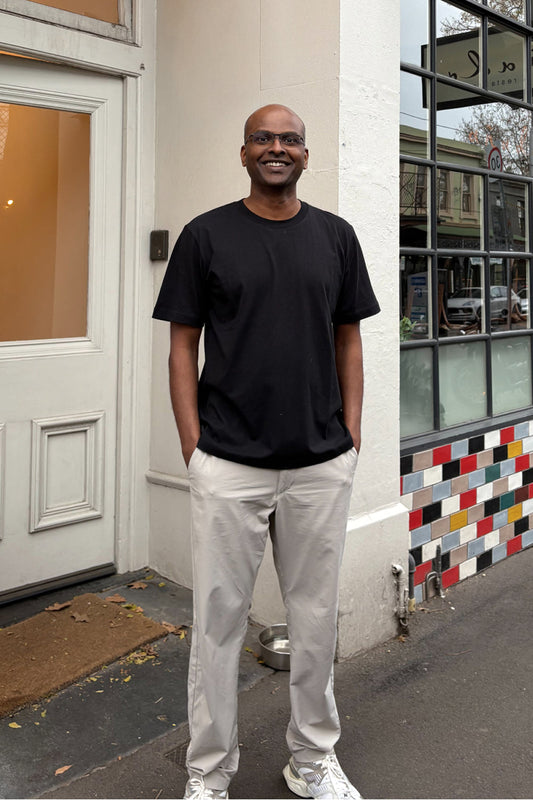During these unprecedented times, a certain mind-set has surfaced stating that COVID-19 is some form of gift to nature due to the reduction in pollution levels caused by quarantine measures. We saw the viral images of swans and fish swimming in the canals of Venice earlier last year, the caption stating: “Here’s an unexpected side effect of the pandemic — the waters flowing through the canals of Venice are clear for the first time in forever. The fish are visible, the swans returned.” Although it’s uplifting to see a river cleared due to boats not being present, certain dangerous ideologies have reigned over the period of the pandemic.
Eco-fascism is an ideology which believes that in order to protect the environment, it must come at the expense of an individual’s life and interests. This ideology is rooted in capitalism and racial hierarchy. When a crisis like COVID-19 occurs, people dying is seen as in the best interest for the wellbeing of our planet. COVID-19 should not be seen as the planet attempting to regenerate itself. Believing that the pandemic is helping solve environmentally harmful issues such as ‘overpopulation’ is incorrect. Overpopulation has never been the cause of climate change. Overconsumption within wealthy societies is. When those who are most vulnerable to COVID-19 are not the wealthiest, but people in poorer, marginalised communities who already live low-emission lifestyles, how is it possible to believe that COVID-19 is a form of detox for our planet?
We are seeing the canals in Venice clear because the pandemic is just a temporary disruption of some unsustainable systems that are still currently in place. 42 million of the richest people in the world and their lifestyles are emitting more greenhouse gases than the poorest half of the global population (3.8 billion people).
Further, just 100 companies produce 71% of the world’s emissions. These companies, these lifestyles that drive over-consumption, they’re still here. They are still very alive and well. Just look at Jeff Bezos for example. As soon as COVID-19 was declared a pandemic, AMAZON saw a high increase in demand which enabled Bezos to increase his wealth by US $48 billion. People are still consuming within their bubbles during the pandemic. In a lockdown, we may not be driving a car or catching a flight anywhere, but once this pandemic is over, we are in danger of going back to business as usual.
Something which should be noted is that this pandemic in itself has really driven the ‘throw-away’ culture. I think of the amount of waste that has been produced due to keep cups and takeaway containers not being prohibited within cafes during a lockdown period. Where plastic cutlery, which should only be used once, became the norm. These were health-related steps which were seen as needed to prevent the spread of the virus, but waste which should be noted none-the-less. In fact, even masks are ending up in our oceans.
Reading an article from The Guardian, ‘COVID-waste’ may become a prominent source of ocean pollution. OceansAsia explained that: “a single face mask could take hundreds of years to break down into micro- plastic; the kind of microplastic [that] is now being found in fish, sea salt and even sea spray.”
It’s hard to believe that in some countries, plastic was the only option to help combat COVID-19. It’s the 21st century and we’ve managed to create a pile of alternatives to plastic such as plant-based compostable, yet durable materials. However, none of them seemed to have been used.
The pandemic has been a strange and scary time for everyone. However, what should be realised is that unsustainable systems are still clearly in place. Ideologies like eco-fascism will not slow the devastation of climate change, especially during a global pandemic.
I will agree that this is an opportunity for wealthier societies to reflect and transform the way we live our lives. It’s an opportunity we should not give up, and a reflection which is vital to ensure we are not facing the worst impacts of climate change. These polluting corporations may still be intact, but our activism and the will some of us have to live a more sustainable life is also still alive. Let’s continue to use our voices as our economy and communities begin to rebuild so a sustainable future is in reach.
ABOUT THE AUTHOR
Maha Fier is an 18 year old and is an environmental activist. She was a National Coordinator for the School Strike 4 Climate New Zealand movement in 2019 and won the Jane Goodall Institute Trailblazer Award at 16, travelling with Dr. Jane Goodall on her New Zealand lecture tour to discuss the importance of animals and our planet. Further, she hosts a podcast about ethical businesses called The Greenstyle.
@mahafierr
Wellington, New Zealand




